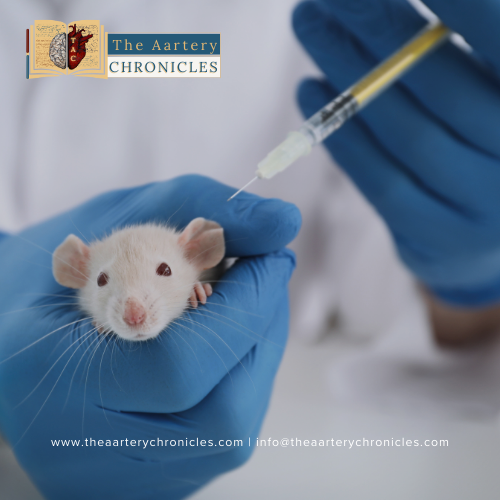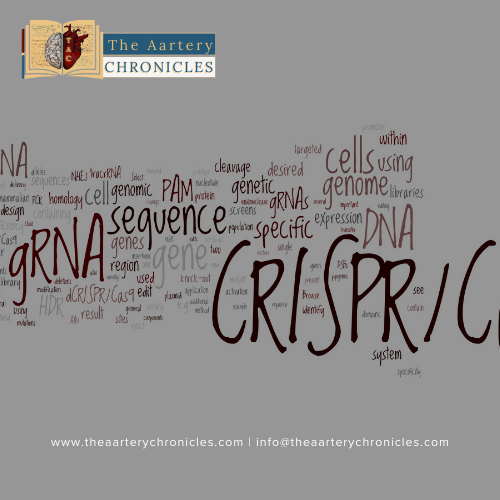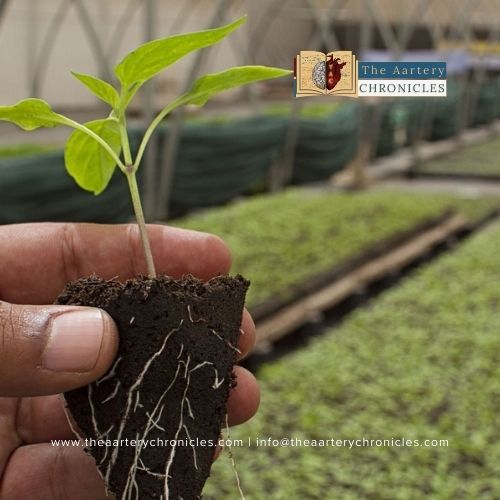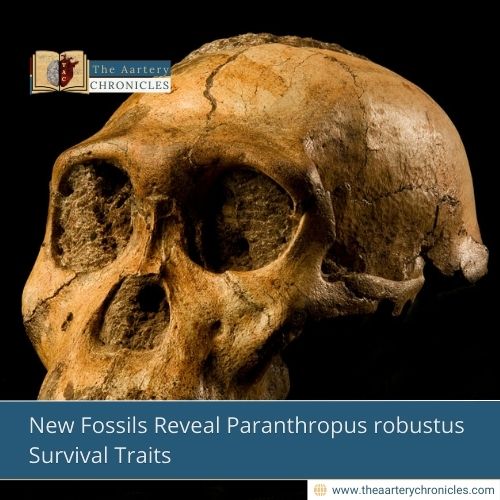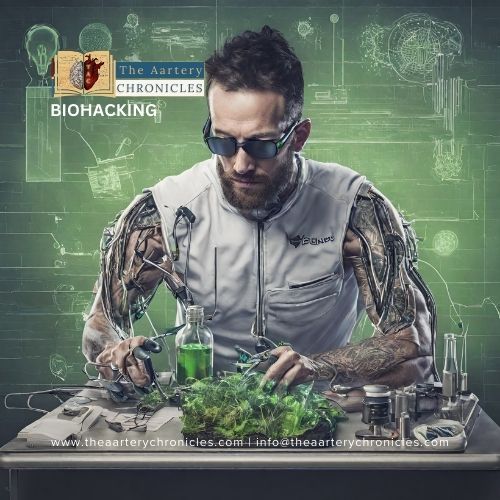
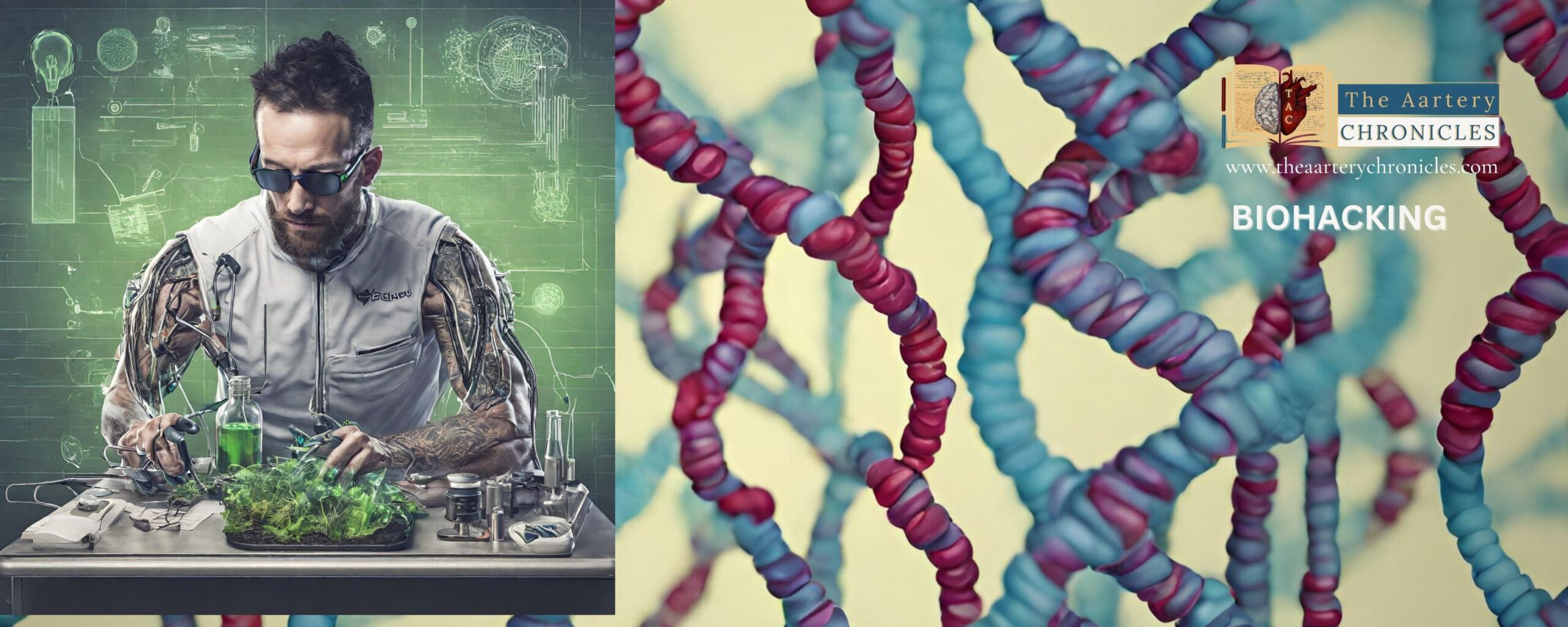
"Biohacking 101: Understanding the Art and Science of Enhanced Living"
Biohacking encompasses a range of activities, including conducting scientific experiments on organisms to monitor diet and sleep cycles.
Biohacking is a breakthrough technology wherein, biological modifications and changes are made to living organisms including humans using techniques such as genetic engineering, cognitive enhancement, and other interventions to reach optimal biological function. Biohacking or DIY (Do it yourself) biology aims at making incremental modifications to the body using experimentation. It focuses on taking control of one’s health and well-being.
History
The terms “Biohacking” and “DIY biology” are relatively modern, likely emerging in the early 2000s. These encompass a range of activities, including conducting scientific experiments on organisms to monitor diet and sleep cycles. The biohacking movement emerged in the early 2000s and has transformed from a small initiative into a significant scientific movement over the past few decades, with the DIY biology movement in the 2000s contributing to its rise.
Moreover, ancient Indian cultures, particularly influenced by Buddhism and Hinduism, boast rich traditions connected to health, wellness, and self-optimization. The concept of biohacking can be linked to Ayurveda, which emphasizes the overall well-being of an individual. Practices such as yoga, meditation, and ancient fasting align conceptually with modern biohacking techniques.
How Does Biohacking Work?
Biohacking enhances mental and physical performance through various practices including lifestyle adjustments, dietary changes, and an understanding of the body’s biology.
Furthermore, the integration of technological and scientific principles plays a pivotal role in fine-tuning bodily functions. This comprehensive approach spans a spectrum of activities, encompassing personalized exercise routines, dietary adjustments, proactive health monitoring, and the strategic utilization of advanced technologies.
Biohacking involves:
1. Understanding the Biology of the Human Body
Understanding the human body including biochemistry, physiology, and genetics stands as a pivotal aspect. This exploration lays the groundwork for facilitating transformative changes in lifestyle, diet, and other interventions. Achieving optimization of bodily functions necessitates a depth of scientific knowledge at the cellular and molecular levels.
2. Nutrigenomics: Decoding the Genetic Impact on Nutrition
The field of nutrigenomics investigates how genetic variations shape individuals’ responses to dietary factors and nutrient absorption. Moreover, leveraging nutrigenomic analysis allows the implementation of a tailored plan for optimized nutrition.
3. Cognitive Enhancement: Elevating Mental Performance
Cognitive biohacking encompasses techniques designed to enhance mental performance. This includes engaging in practices such as meditation, neurofeedback, and the use of nootropics, along with other activities that wield a significant impact on brain function. Ongoing research in cognitive neuroscience and neuroplasticity aims to uncover and explore further advancements in this domain.

4. Epigenetics and Endocrinology: Fine-Tuning the Body's Symphony
In the realm of biohacking, the regulation of hormones takes center stage, with a focus on optimizing and balancing crucial hormones like insulin, cortisol, and sex hormones. This becomes a pivotal biohacking technique, where adjustments to diet, exercise, and lifestyle are dictated by endocrine function. Simultaneously, epigenetics explore how external variables can influence gene expression without altering the underlying DNA sequence. Biohackers actively monitor and tailor lifestyle changes that may impact these epigenetic modifications.
5. Comprehensive Biohacking Strategies for Optimal Human Performance
Further, interventions in gut health, aging and longevity, stress response, biochemical pathways, metabolism, and immunology may be considered to enhance the functions and optimize human body functions.
- For metabolism, interventions for energy production and management of weight may be considered.
- Through the science of aging, cellular senescence, and telomere length issues regarding the aging process are analyzed and investigated.
- A healthy gut microbiome is required for optimal digestion and immune function, interventions that support healthy microbiomes may be considered.
A few other techniques may include implantable devices, cryotherapy and thrombogenesis, fasting and intermittent fasting, Genetic engineering, etc.
Conclusion
The potential of biohacking to enhance human performance, advance health, and push the frontiers of biology and technology has drawn attention. While many biohacking techniques may have a strong scientific foundation it’s crucial to remember that not all interventions have strong backing for their efficacy or safety. One should be cautious when engaging in any health-related activity and approach biohacking under guidance from a medical professional and only rely on information supported by evidence.

Author: Sanika Pande
- Medicine and Diseases
- Nutrition and Diet
Lorem ipsum dolor sit amet, consectetur adipiscing elit. Ut elit tellus, luctus nec ullamcorper mattis, pulvinar dapibus leo.







